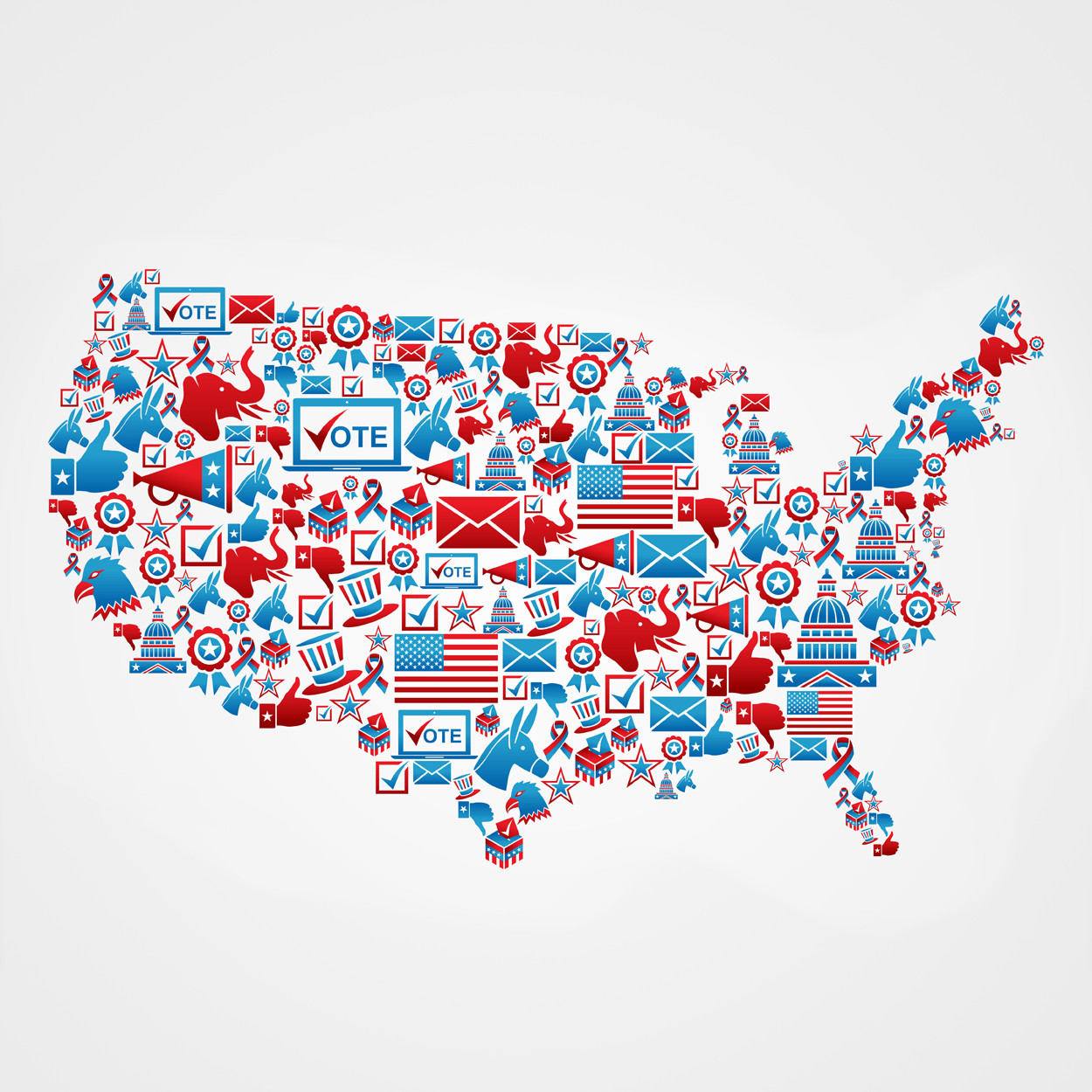Asked for an opinion on voter turnout in the United States, casual followers of the news would likely agree that it’s problematically low, and that we need a more engaged citizenry. But many corners of academia have discovered that the reasons for low turnout may not be what they seem, and that some members of the public may be much more strategic about voting than observers think. Instead of voting routinely, some people monitor the race and decide whether or not to vote based on the perceived margins of the race. If they don’t think their vote will make a difference in the outcome, they don’t vote.
Other factors effecting whether a person votes or not could include the number of ancillary decisions on the ballot, and fluctuating resources poured into turnout. But the notion that a single vote may have more or less marginal consequence seems to autonomously drive voter turnout up or down to some degree. If this is the case, then turnout could be increased if get out the vote efforts were able to convince people that there are other reasons that their vote matters besides its impact on the perceived margins of the race.

Outside groups, public-sector ad campaigns, and even candidates frequently offer a range of familiar, alternative value propositions for voting: turn out for the issue you personally care about; turn out to represent your generation; and most obviously, turn out to do your civic duty. On their faces, none of those arguments seem to trump the improbability of changing the outcome.
So in recent years, we at Americans For Prosperity Foundation have tried to both specify this ‘civic duty’ category and bend it toward personal responsibility and community impact. Boiled down, our message is that win or lose, you owe it to your family, friends, and neighbors to stand up for their interests.
That community-based approach informs all our organization’s activities. We believe the best way to create social change is through an educated and engaged citizenry that understands how issues and policies can shape a free society. Experience has proven that the most effective way to promote the policies that advance our vision is to do it from the ground up—door-to-door and community-to-community. Those principles broadly inform our get-out-the-vote efforts as well. Both our messages and our tactics are aimed at situating the potential voter at the intersection of the public square and the home front.
A frequent by-mail voter communication that we’ve used in different states to increase voter turnout asks the recipient if they want a good voting record. We explain that it’s people in your immediate community who could and should dictate your grade. “Defend the issues that are important to you and score an A+ from your loved ones,” it reads. This message reminds the person that aside from his personal dedication to his loved ones, that he can shape their circumstances by standing up for them at the ballot box.
Another message we’ve employed numerous times is a “voter report card.” We use public records to show people their own voting history in comparison to those of their neighbors. People who’ve previously voted sporadically or not at all are confronted with their own behavior versus others in their community who are doing more to make their voices heard.
A slight variation on the voter report card builds on the notion of living up to one’s community standards, but adds an element of social pressure. This voter report card doesn’t just let them know our organization is watching—it warns them that we may also notify their neighbors of their limited voting record. Although that prospect may upset people, we expect it’s also a powerful impetus not to fall behind community norms.
Aside from using messages that link voting to community, our tactical program is aimed at making voting a community concern. Americans for Prosperity Foundation employs hundreds of permanent field staffers and sets an expectation that each one of them will develop their own network of dozens of like-minded volunteers looking to spread the idea of economic freedom.
It’s these people that potential voters see at their door when we attempt to turn them out to vote. These staff and volunteers identify themselves as members of the same community as the target voter. They discuss their efforts in the community and offer to help people make a plan to ensure that they have set aside time to vote.
We also continually work to optimize our communication channels, attempting to learn whether someone needs multiple touches in person, whether a door hanger or a mail piece would suffice, whether a phone call is the best way to reach them, or if there’s a magic combination of them all.
If people can consistently equate their public duty to vote with their private duty to their communities (chosen, geographic, or familial), then our hope is that campaigns and elections can revert to being more about policy and less about the horse race. Voters must believe that they need to vote for policies that will do right by their families, neighbors, civic groups, and broader communities; and thus, that they need to vote.
Support SSIR’s coverage of cross-sector solutions to global challenges.
Help us further the reach of innovative ideas. Donate today.
Read more stories by Luke Hilgemann.

